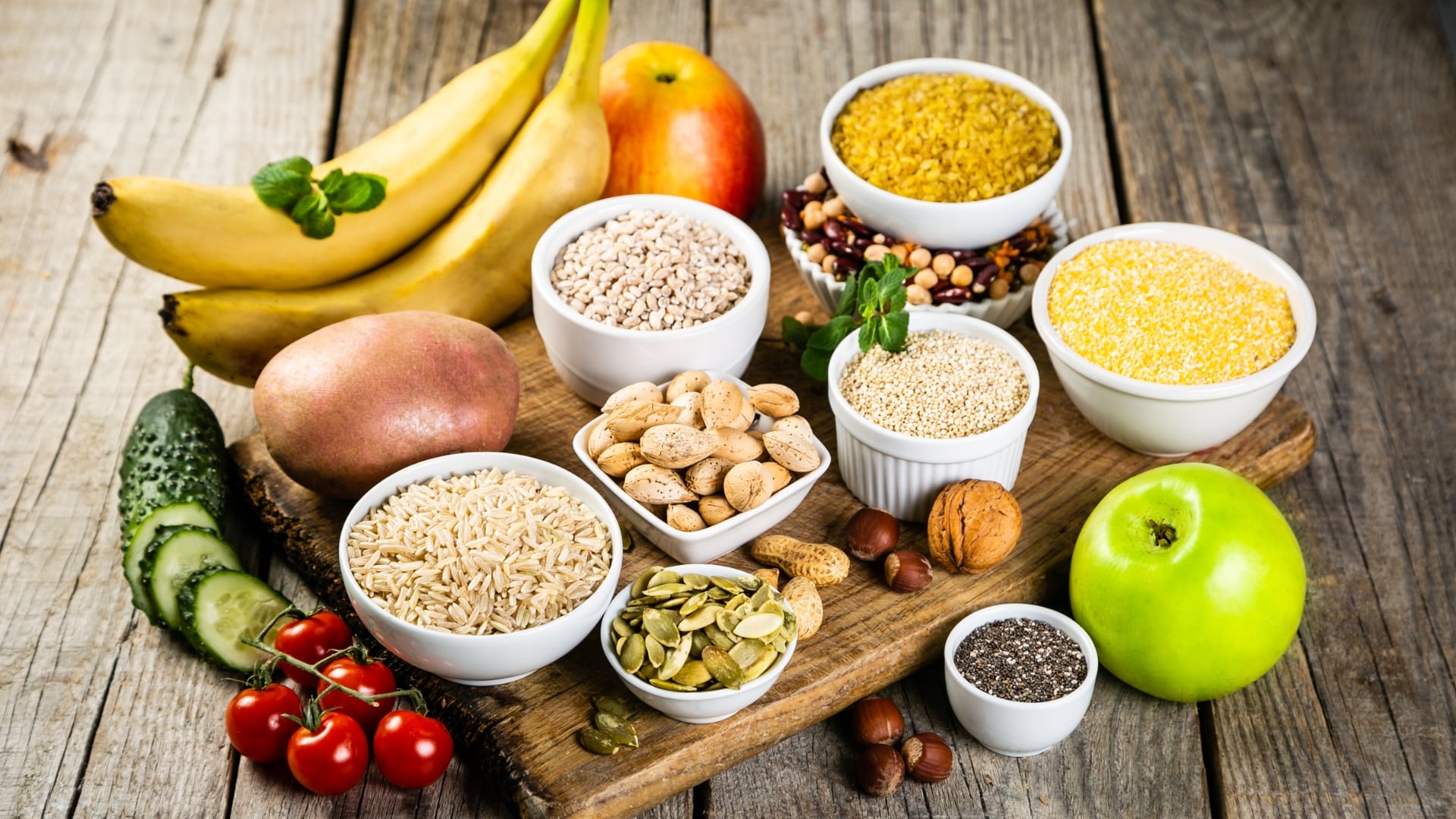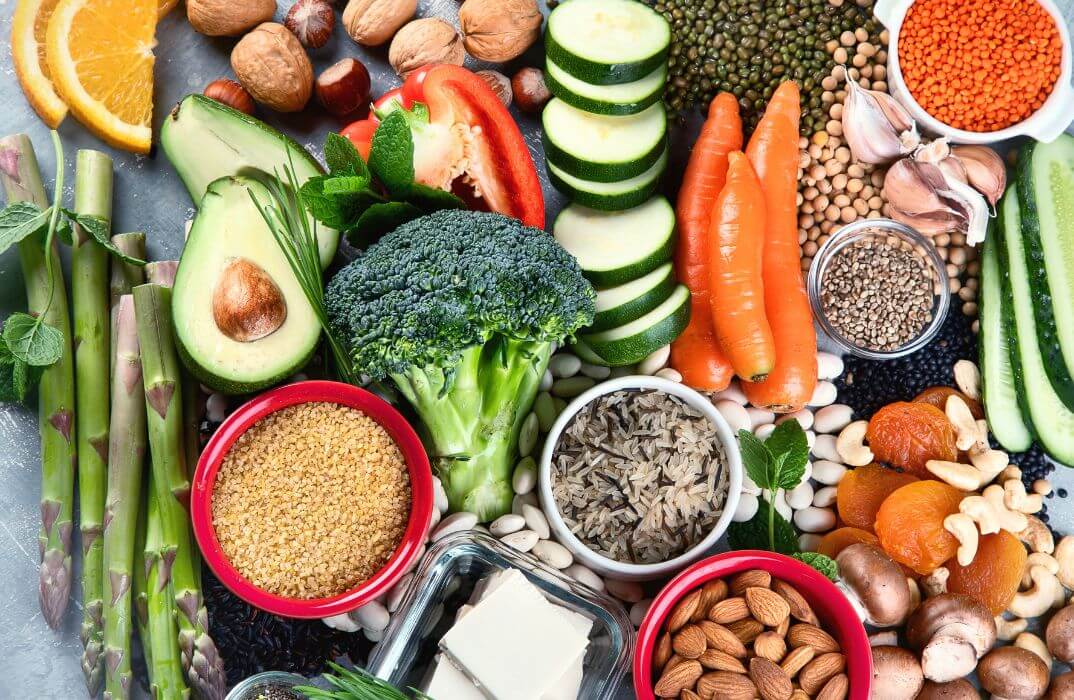Omega-3 fatty acids have long been heralded as a cornerstone of cardiovascular health. Traditionally, fish and fish oil supplements have been the go-to sources of these vital nutrients. However, as the world is gradually shifting towards plant-based diets, both for sustainability reasons and personal health concerns, it’s vital to recognize the potent sources of omega-3s found in green foods. Flaxseeds, chia seeds, and certain algae are not only eco-friendly sources but are also proving to be incredibly beneficial for our heart health. Let’s delve deep into the world of plant-based omega-3s.
Omega-3s: A Brief Overview
Before exploring plant sources, let’s briefly cover why omega-3s are crucial. Omega-3 fatty acids are a type of polyunsaturated fat that the body cannot produce on its own. There are three primary types of omega-3s: ALA (alpha-linolenic acid), EPA (eicosapentaenoic acid), and DHA (docosahexaenoic acid). While EPA and DHA are mainly found in marine sources, ALA is abundant in plant foods.
These fats play critical roles in numerous body processes, including reducing inflammation, aiding brain function, and, most notably for our discussion, supporting heart health. They help lower bad cholesterol levels, reduce blood pressure, and decrease the risk of stroke and heart failure.
Flaxseeds: The ALA Powerhouse
Flaxseeds, whether ground or in oil form, are among the richest plant-based sources of ALA. Research has consistently shown that incorporating flax into the diet can result in decreased LDL (bad) cholesterol levels, a key indicator for cardiovascular risk. Moreover, flaxseeds contain lignans, which are polyphenolic compounds associated with reduced cardiovascular disease risk.
To incorporate into your diet:
- Sprinkle ground flaxseeds on salads, cereals, or yogurt.
- Use flaxseed oil as a dressing or in smoothies.
Chia Seeds: Small but Mighty
Chia seeds, despite their size, pack a significant nutritional punch. Rich in ALA, fiber, protein, and several vital minerals, they provide a multifaceted approach to heart health. Their high fiber content, in particular, aids in reducing LDL cholesterol and stabilizing blood sugar levels, making them a heart-friendly choice.
To incorporate into your diet:
- Soak in water or milk to form a gel-like pudding.
- Blend into smoothies or sprinkle on various dishes.
Algae: The Plant-Based Answer to EPA and DHA
Though EPA and DHA are mostly associated with fatty fish, certain algae (microalgae, to be precise) are primary producers of these essential omega-3s. In fact, fish obtain their omega-3 content by consuming these algae. Algal oil, therefore, offers a direct, sustainable, and vegan-friendly source of EPA and DHA. Studies have suggested that algal oil can be as effective as fish oil in raising blood levels of DHA.
To incorporate into your diet:
- Algal oil supplements can be found in soft gel or liquid form.
- Some fortified foods, like certain plant-based milks, also contain algal-derived DHA.
In Conclusion
The movement towards plant-based sources of nutrients does not mean compromising on health. Flax, chia, and algae offer robust and beneficial sources of omega-3 fatty acids, making them vital components of a heart-healthy diet. By incorporating these green foods into our daily regimen, we not only support our heart but also make choices that are sustainable and kinder to our planet.





